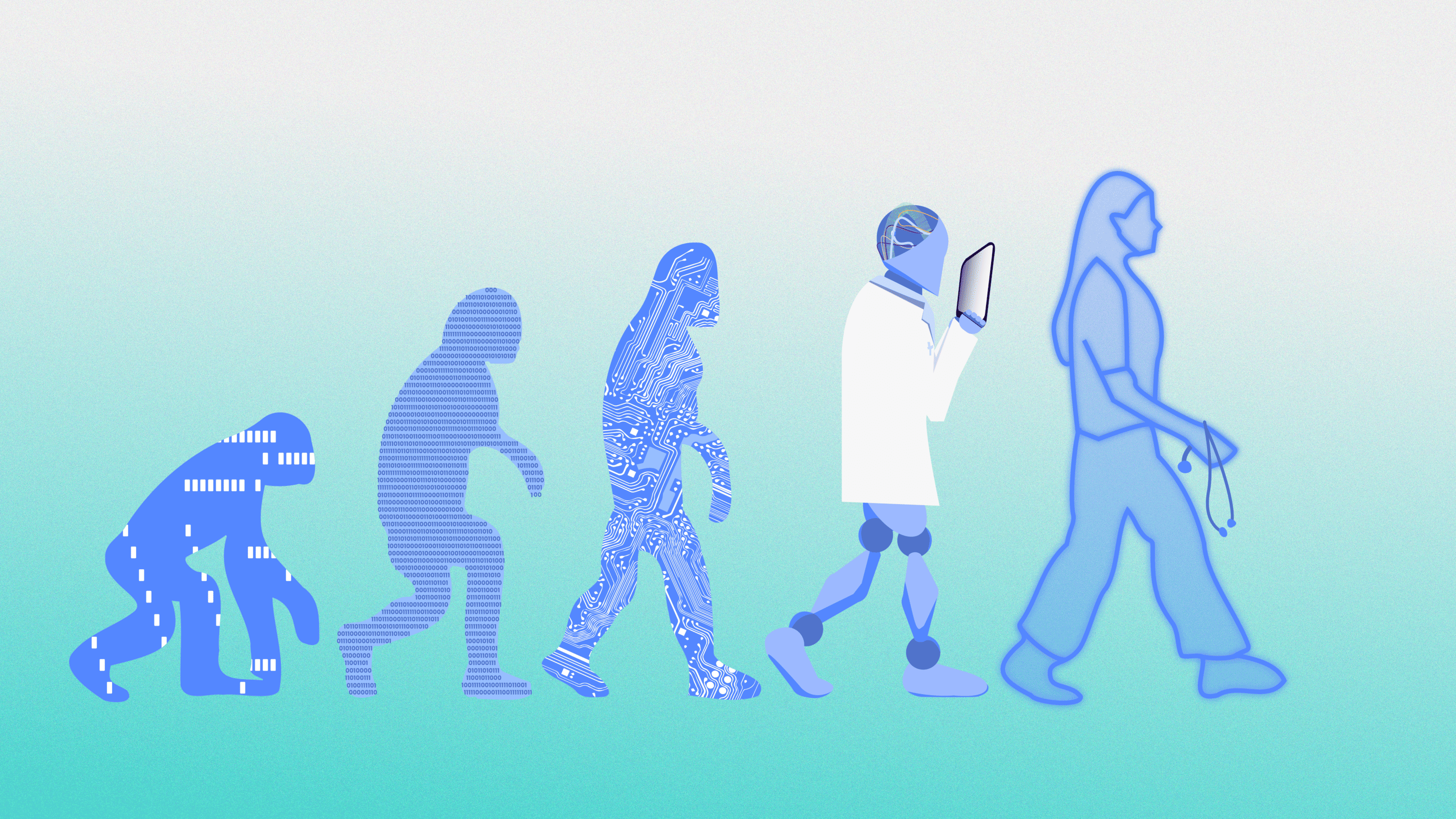
Dr. Michael Anderson shares his Lessons Learned from the COVID-19 Vaccine Rollout
Lessons Learned from the COVID-19 Vaccine Rollout – Dr. Michael Anderson
As a senior research associate, Dr. Michael Anderson, MD, MSc, PhD (c), FRCSC practices surgical oncology and palliative care medicine while focusing on Indigenous health research and programs. Currently, he is a PhD student at the University of Toronto’s Institute of Medical Science and serves as Verto’s Chief Medical Officer. We sat down with him to learn about his perspective on Ontario’s COVID-19 vaccination efforts over the last few months and what lessons can be applied to future mass immunization campaigns.
With one of the highest vaccination rates in the world, it’s clear that Ontario’s vaccination campaign has been a resounding success, with over 82% of eligible Ontarians over the age of 12 have received one dose of the vaccine, and 75% of eligible individuals received both doses. As the province continues its last mile strategy and gears up for future mass immunization initiatives, it is important to take the time to recollect on our most recent vaccination effort in order to inform future rollouts.
From my vantage point, the main challenges that impacted the COVID-19 vaccination rollout in Ontario have been communication, cultural, and technological literacy barriers. These barriers have exposed the inequity of healthcare access for vulnerable, elderly and other high-risk populations, making the task of acquiring a COVID-19 vaccine all the more challenging.
Ontario’s vaccine supply challenges were not unique to the province, or our nation for that matter. Unpredictable COVID-19 vaccine supply volumes week-over-week presented a tremendous challenge from an appointment booking perspective, and caused communication breakdowns between key stakeholders. No one group was immune – with providers, patients and healthcare institutions all privy to this confusion.
“Our solution at Verto has supported our dozens of hospital and health system partners by providing a simple and effective booking solution for Ontarians to self-schedule their own appointments. Prior to COVID-19, self-scheduling in healthcare settings was rare. The success of vaccine self-scheduling demonstrated the potential to offer more autonomy to healthcare consumers while alleviating institutional administrative burden. Our hospital and health system partners aimed to address some of the impact of COVID-19 vaccine supply chain challenges by keeping patients in the loop of their appointment status – our tool enabled the quick execution of tailored SMS or email communications to inform patients of possible vaccine appointment delays, change in appointment time, or announcing slots opening up.
For future mass vaccination campaigns, including the critical influenza vaccine rollout this Fall, it will be key to use technology to drive transparency and help reduce communication barriers between patients, care providers and health systems.”
Another positive outcome of the COVID-19 vaccination effort in Ontario was how willingly local communities across the province pitched in and became active participants in the vaccine rollout process.
Shifting the focus from mass vaccination clinics to community-based settings has supported Ontario’s last mile COVID-19 strategy, bringing vaccines directly to Ontarians where they are. The introduction of mobile clinics hosted by Ontario hospitals and health networks, or provincially run “GO-VAXX” buses, have enabled the efficient allocation of vaccines and a relatively low vaccine wastage rate.
This key component of contextually appropriate, targeted approaches in the vaccination rollout has demonstrated how important knowing each community and deploying a relevant vaccination campaign towards this community can be to increase vaccination uptake and address hesitancy concerns.
“Verto has supported targeted vaccination campaigns by offering appointment booking options through secure, one-time token. This has enabled hospital partners to expose their appointment booking vacancies to surrounding primary care and local community partners and allow their rosters of patients to book an appointment into an allocated slot. Combining mass and targeted vaccination approaches to reach the broadest population possible is an important lesson that can be applied to any future mass vaccination program going forward.”
The COVID-19 pandemic highlighted and exacerbated existing gaps in internet access and digital literacy and their effect on equitable healthcare delivery, especially for older and low-income populations. The need for speed, scale and access accelerated the transition of medical services online: vaccination appointment booking was digitally-enabled, access to doctors and medical support was conducted virtually, and prescriptions could be refilled through clicks on a mobile phone application.
While many participants and volunteers stepped up in an effort to narrow these gaps in technological literacy and access (some older adults turning to children or grandchildren to schedule appointments online on their behalf; doctors reached out to patients directly to notify them of vaccine availability), we as a collective have a responsibility to do better and offer a variety and diversity of entry and access points into the healthcare system. Those who are less likely to be online deserve the same access to health information to those who are. We are incorporating this mindset into our solutions development framework at Verto.


